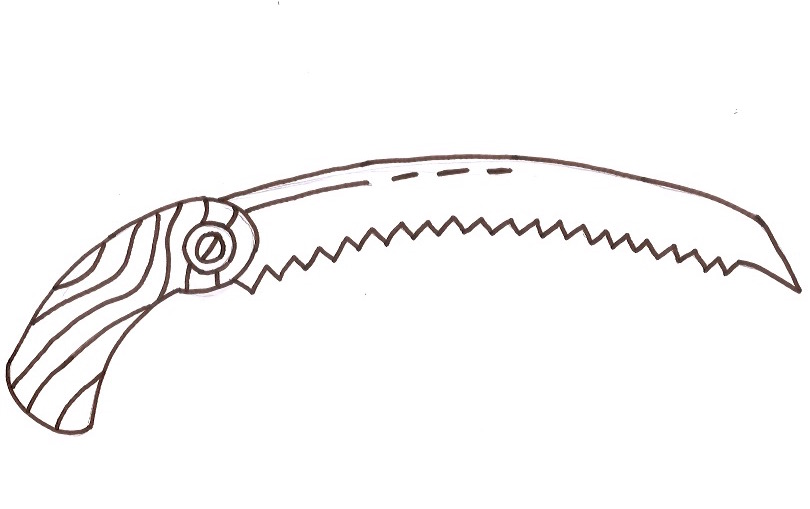“…I began to experience painful moments in a radically different way. Instead of feeling frustrated or overwhelmed, I saw pain as nature’s reminder that there is something important for me to learn. Encountering pains and figuring out the lessons they were trying to give me became sort of a game to me. The more I played it, the better I got at it, the less painful those situations became, and the more rewarding the process of reflecting, developing principles, and then getting rewards for using those principles became. I learned to love my struggles, which I suppose is a healthy perspective to have…” (122).
There are challenges, both physical and mental, that arborists face everyday. The truck broke down. Someone called off. We broke the fence. I can’t footlock. The sales rep underbid the job. I forgot my lunchbox. I don’t like the crew leader. The stump grinder keeps stalling out. The rig line isn’t long enough. None of these saws are sharp. We keep hitting hardware in the tree. I hate pear trees. The neighbor hates the tree. The tree owner is a rich asshole that I don’t identify with. I forgot my SAKA. There’s no other tree to tie into. There’s no other companies hiring. Why did I become an arborist?
Every single day can be a struggle, from the company owner right down to the new hire. So, we can handle this in either a positive or negative way. Dalio’s notion that “pain is a reminder that there is something important to learn” is wonderful insight! We can use these problems both as personal challenges for motivation and as an immediate opportunity to learn and grow, and ultimately, succeed. A challenge or a struggle is many times the reason why tree owners call for an arborist, and so the better we become at struggling to solve those problems, no matter what that issue is before us, the better arborist we can be.
The old adage is that if it were easy, everyone would be doing it seems pertinent here.
Several times in the book Dalio talks about using our ability to step outside of ourself and to look at the whole picture. People that succeed in doing this are the great shapers of the world. He encourages the reader to be “radically truthful” and “radically transparent” with ourselves and those around us. With that said, struggling in both business and in life is also a process of self realization. If we aren’t truthful with ourselves in terms of understanding how we operate on a micro and macro level, what our own strengths and weaknesses are, then our journey of achieving our goals will be almost impossible. The worst person we can lie to is ourself.
As arborists, we are problem solvers. As contractors, or even better, as a specialists, struggling with problems is something we should indulge in. It’s perfectly fine to feel overwhelmed, intimatated, underequppied or outnumbered. How we react to those feelings though, is what defines us as operators. The greatest arborists are unwavering in the face of great challenge, not to be confused with stupidity.
Instead of talking about how hard something is going to be, or how nice it would be to have something else, or how nice it would be if the crew was bigger, or how nice it would be if the crane was bigger, or how nice it would be if there was less deadwood, or if the foreman was cool, or if you made more money; embrace that struggle and define yourself by how well you operate in the face of adversity.
Its what all great adventurers do.






2 Comments
Leave your reply.